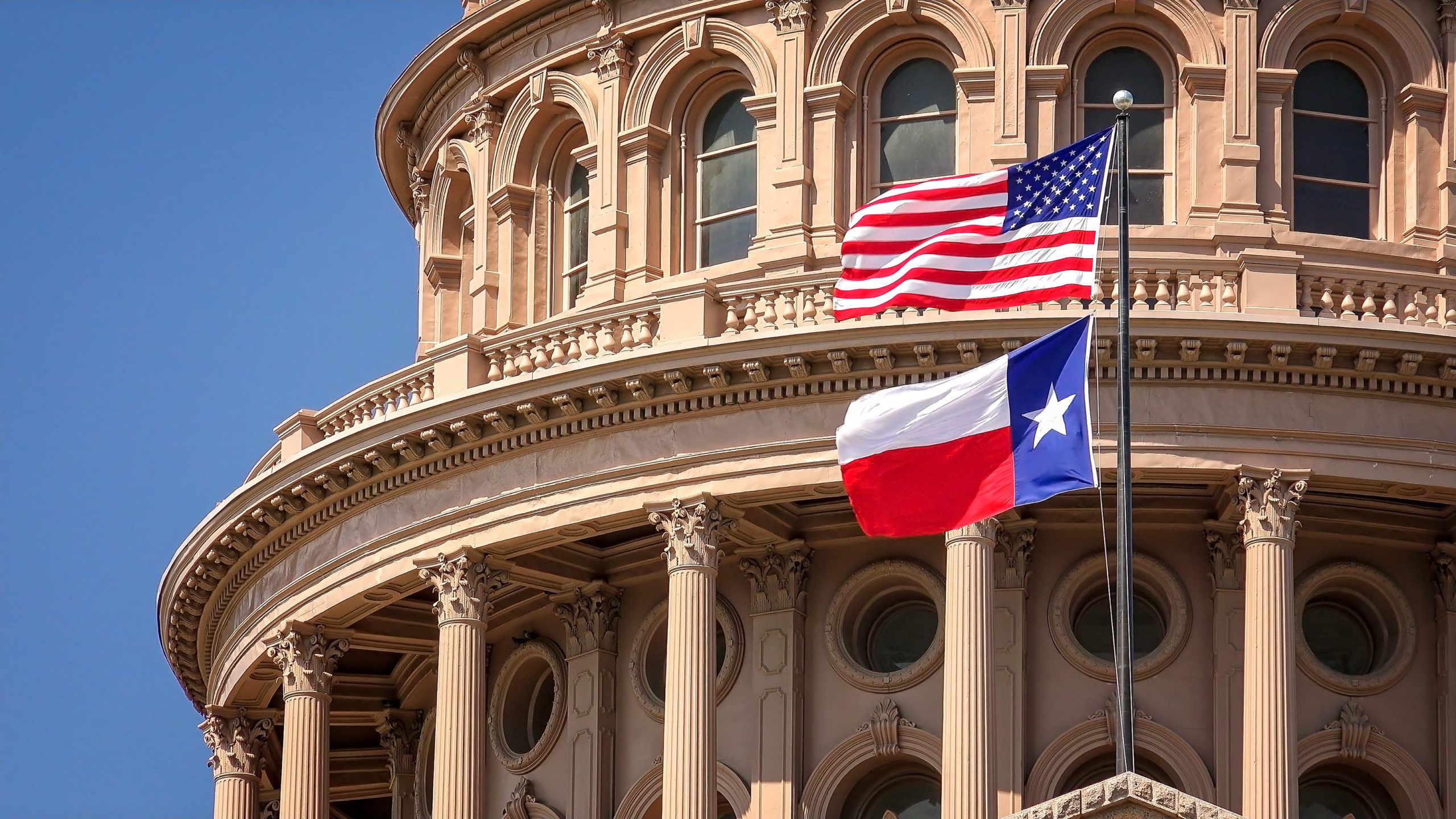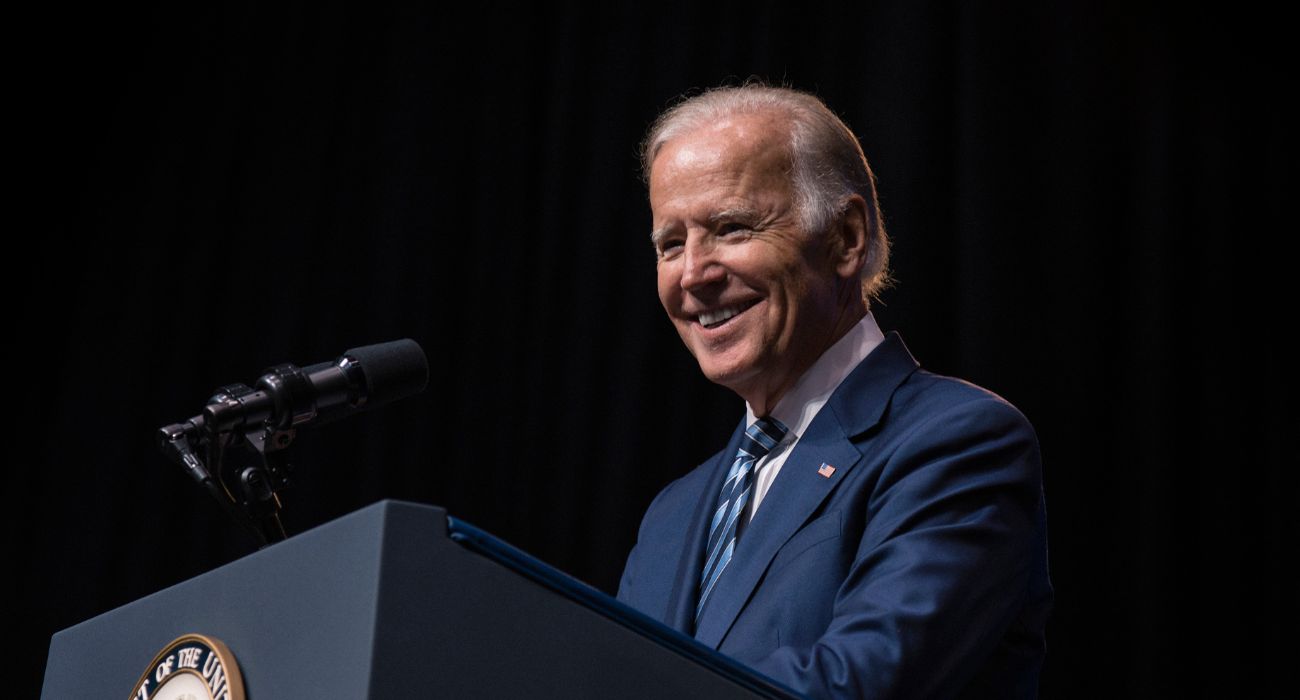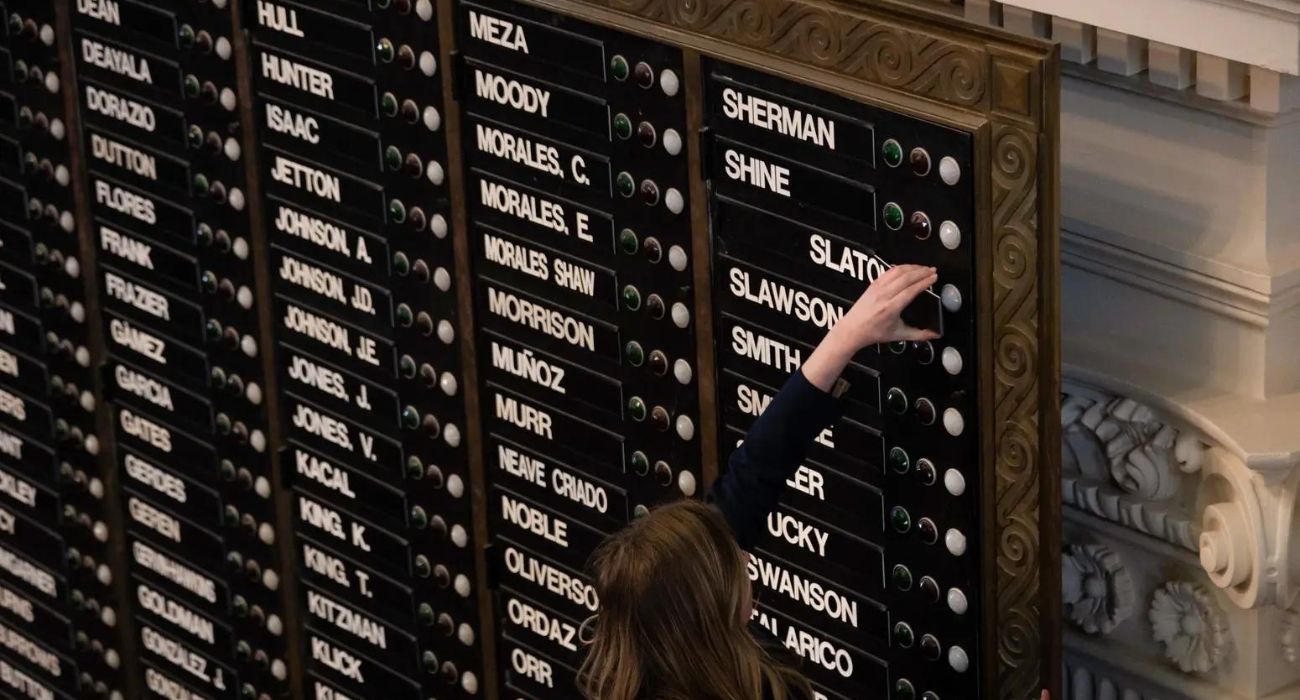The US Department of Justice (DOJ) recently filed a lawsuit against the State of Texas in federal court, challenging three provisions featured in Texas’ Election Integrity Protection Act of 2021.
The final bill was 76 pages long, but in the case of the DOJ’s lawsuit, it petitions the court to enjoin the state from enforcing three sections in particular. Daniel Friend of The Texan highlighted the three sections in question:
“The first being a revised oath for voting assistants, and the latter two related to the rejection of mail ballot materials because of the failure to include an identification number.”
In the key sections, the DOJ made the following arguments:
- “Section 6.04 of [Senate Bill (SB) 1] prohibits a voter’s assistor of choice from providing federally protected assistance by limiting permissible actions to ‘reading the ballot to the voter, directing the voter to read the ballot, marking the voter’s ballot, or directing the voter to mark the ballot.’ [The section] violates Section 208 of the Voting Rights Act, 52 USC § 10508, by prohibiting eligible voters’ assistors of choice from providing necessary and effective forms of assistance.”
- “Section 5.07 and Section 5.13 of SB 1 violate Section 101 by requiring rejection of mail ballot materials—thereby denying the right to vote—because of errors or omissions not material in determining whether such individuals are qualified to vote.”
In addition to the lawsuit, the DOJ also filed a statement of interest in a consolidated lawsuit brought by several civil rights groups relating to Section 2 of the Voting Rights Act.
“Our democracy depends on the right of eligible voters to cast a ballot and to have that ballot counted,” declared US Attorney General Merrick Garland in a press release. “The Justice Department will continue to use all the authorities at its disposal to protect this fundamental pillar of our society.”
Several Texas House Democrats such as Rep. Chris Turner (D-Grand Prairie), Rafael Anchía (D-Dallas), Rep. Nicole Collier (D-Fort Worth), and Rep. Garnet Coleman (D-Houston) sent out a joint statement congratulating the Biden administration’s new efforts to halt the election reforms in Texas.
“We are grateful to the US Department of Justice and the Biden Administration for taking decisive action to stop Texas Republicans’ continued attacks on our democracy,” the group of Democratic leaders declared. “This bill was never about election security or voter integrity. It was always about Texas Republicans using the Big Lie to justify restricting access to the ballot box.”
While they celebrated the DOJ’s actions, they also called on Congress to pass federal legislation to enact their own election reforms.
Republican leaders in Texas announced that they are ready to defend the recently passed law.
“Bring it,” said Gov. Greg Abbott in a Tweet. “The Texas election integrity law is legal. It INCREASES hours to vote. It does restrict illegal mail ballot voting. Only those who qualify can vote by mail. It also makes ballot harvesting a felony. In Texas, it is easier to vote but harder to cheat.”
Similarly, Texas Attorney General Ken Paxton described SB 1 as “a great and much-needed bill.”
“Ensuring Texas has safe, secure, and transparent elections is a top priority of mine,” remarked Paxton. “I will see you in court, Biden!”
The case is scheduled to have a status conference and hearing on any pending motions for November 16, 2021. Judge Xavier Rodriguez instructed the parties to be “prepared to discuss [. . .] whether this case should be consolidated” with the other pending lawsuit that challenges the election bill.
Texas’ electoral reforms have become the subject of national controversy, with national organizations such as the NAACP calling for professional athletes to not sign with teams in the Lone Star State, as Dallas Express previously reported.






